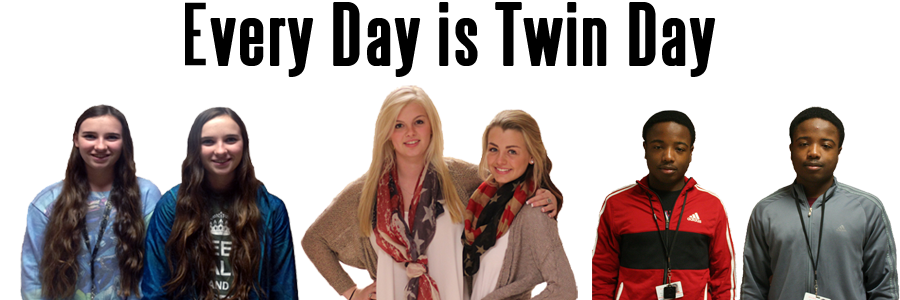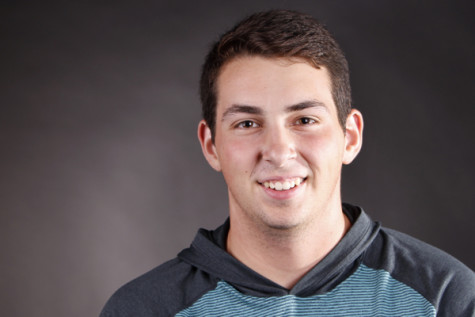Sophomores John and Joey Stricklin walk the halls, eyes above all of the other students. Both are a towering 6 feet 3 inches and it’s no coincidence; they’re twins. While twins may make a lot of the same decisions, they have their differences and their own stories.
Twins look alike, act alike and often think alike. The connection between John and Joey almost got them into serious trouble.
“In fifth grade on our TAKS test, we got the exact same score and answers,” Joey said. “Our principal tried to accuse us of cheating. We were in separate rooms when we tested so I thought it was funny.”
This phenomena is known as extrasensory perception, or ESP. This sixth sense, commonly called telepathy, is when people can feel others’ physical sensations with their mind. It has never been scientifically proven that twins have ESP but seniors Morgan and Reagan’s experiences prove otherwise.
“We read each other’s minds,” Morgan said. “If something happens to her, somehow I know immediately.
Fraternal twins like Reagan and Morgan usually develop separate personalities, with their own sets of friends, habits and hobbies.
Identical twins not only look alike, but they do many of the same things. Juniors Kevin and Kelvin Washington play basketball always try to compete with each other, on and off the court.
“Everybody gets us mixed up in basketball,” Kevin said, “but I can dunk and Kelvin can’t.”
Haley and Heather Hines have opposite dominant hands. Their dental records are the exact same, except flipped. They fall into a rare group of identical twins called “mirror twins.” The likelihood of having identical twins is three in 1,000, and 25 percent of identical twins are born as mirrors of each other, or less than one in 1,000.
“It makes it easier for people to tell us apart.” Heather said, “It’s a giveaway when we switch classes.”
Whether they are identical or fraternal, twins may feel like best friends or worst enemies. Twins might find themselves feeling obscure, as if they have a rival to compete with. According to TwinsUK, conflict from sibling rivalry can occur when fighting for parental attention, independence, and dominance. With many similarities, twins can find themselves feeling as if they have an exact replica of themselves. Twins may also feel close to their sibling because it can be someone else to rely on.
“The best part of being a twin is that you always have someone to count on,” Morgan said. “No matter what I will always have her.”




